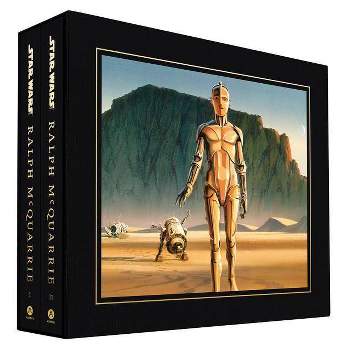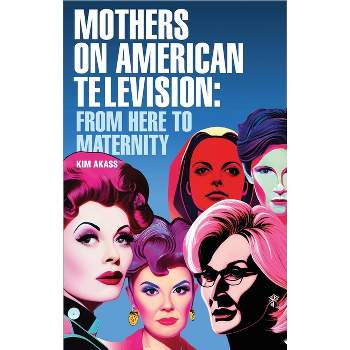About this item
Highlights
- British science fiction television of the 1970s and 1980s is full of Machiavellian protagonists and fatalistic endings.
- About the Author: Philip Braithwaite is a lecturer at the University of Central Lancashire
- 248 Pages
- Performing Arts, Television
Description
About the Book
This book explores science fiction television in the 1970s and 80s, analysing the changes under neoliberalism and the rise of Thatcherism.Book Synopsis
British science fiction television of the 1970s and 1980s is full of Machiavellian protagonists and fatalistic endings. It presents a complex world of moral and ethical dilemmas, appropriate to the emerging political landscape of Thatcherite Britain. This book analyses the science fiction series of the period - including Blake's 7, Doctor Who and Sapphire & Steel - alongside Britain's transition from social-democracy to neoliberal economics and the premiership of Margaret Thatcher. It examines the abrupt shifts in themes and tone that these series often exhibit compared to their predecessors, highlighting comparisons to the similarly abrupt change in Britain's political landscape.From the Back Cover
Time Lords and Star Cops is the first full-length monograph about British science fiction television of the 1970s and 1980s and its relationship to the changing social situation in the United Kingdom. The book examines how science fiction series responded to the concerns of the era, which was plagued by financial and social crises, ultimately leading to the rise of neoliberal economics.
Around the time of Margaret Thatcher's election in 1979, British science fiction television changed its focus and style. The traditional moral standards and collectivism of the so-called consensus era were replaced with individualism and a Machiavellian worldview. 'Heroes' were no longer virtuous and selfless but ruthless and amoral. There was a strong sense of fatalism to the series of the period, which often ended in despair. Replacing the future-focused modernity of the programmes that came before them, they presented dystopian worlds where political struggle proved futile. This important contribution to science fiction and television studies offers crucial insight into the neoliberal zeitgeist, revealing how it embedded itself in British culture from its inception. This allows us to view the role of popular culture and television in a new light, so that we can reflect on our own era, which is still deeply affected by the changes introduced by Thatcher's government.Review Quotes
'Braithwaite's groundbreaking analysis shows how television science-fiction series of the 1970s and 80s, far from being straightforward celebrations of antiauthoritarianism & personal freedom, were shaped by the tone of Thatcher and the New Right.'
Jonathan W. Marshall, associate professor and arts critic, Edith Cowan University
Una McCormack, New York Times and USA Today bestselling author 'Braithwaite's brilliant study is highly recommended reading for all cult TV fans and scholars: you may never view "late Thatcher"-era Doctor Who in quite the same way again!'
Matt Hills, author of Triumph of a Time Lord and co-editor of Adventures Across Space and Time: A Doctor Who Reader
About the Author
Philip Braithwaite is a lecturer at the University of Central Lancashire











